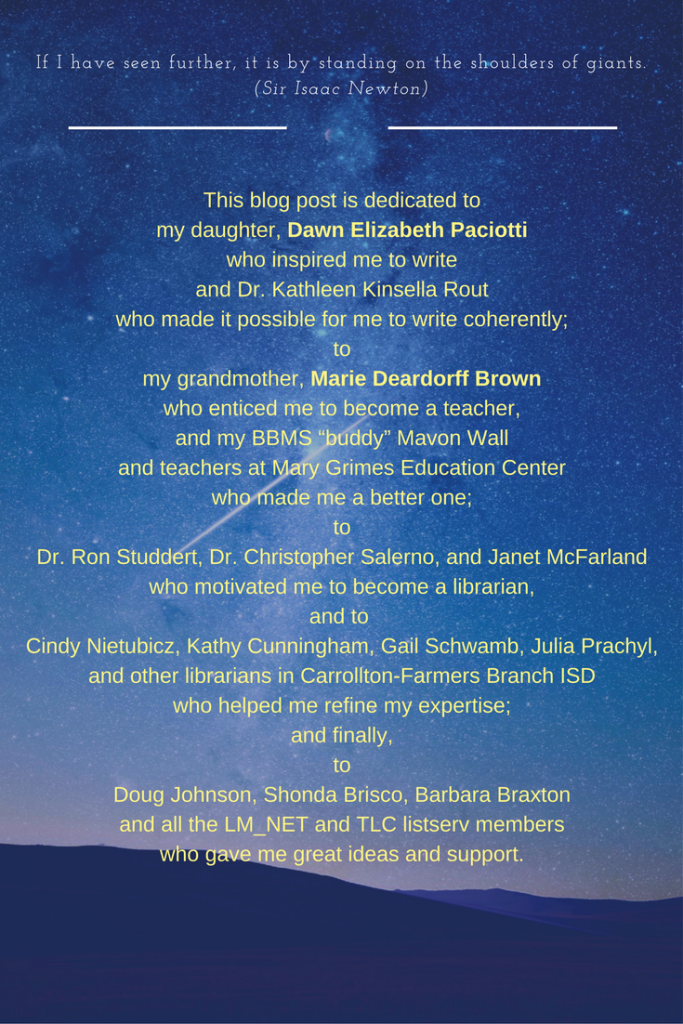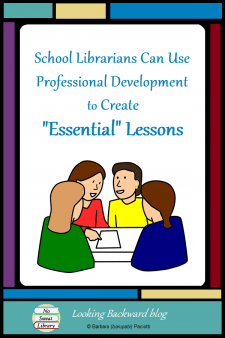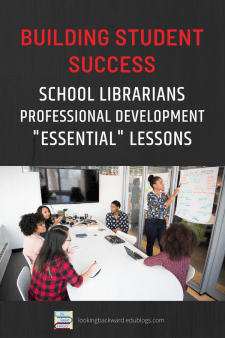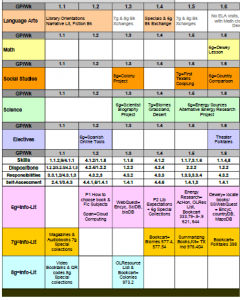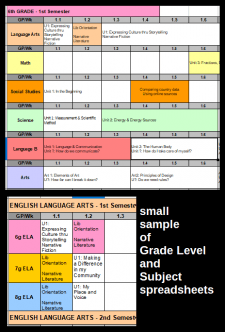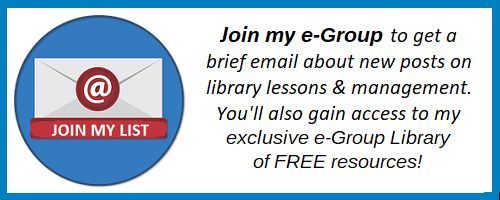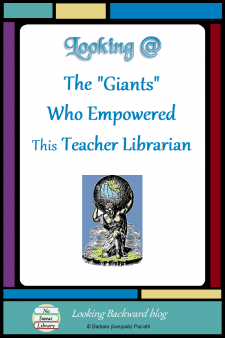 World Teachers’ Day, celebrated every year on October 5th, is the anniversary of the adoption of the 1966 ILO/UNESCO Recommendation concerning the Status of Teachers. That document begins with the assertion that “the right to education is a fundamental human right” and then recognizes “the essential role of teachers in educational advancement and the importance of their contribution to the development of man and modern society.” The recommendation continues with a set of 146 standards outlining the rights and responsibilities for teachers throughout the world.
World Teachers’ Day, celebrated every year on October 5th, is the anniversary of the adoption of the 1966 ILO/UNESCO Recommendation concerning the Status of Teachers. That document begins with the assertion that “the right to education is a fundamental human right” and then recognizes “the essential role of teachers in educational advancement and the importance of their contribution to the development of man and modern society.” The recommendation continues with a set of 146 standards outlining the rights and responsibilities for teachers throughout the world.
The theme for the year I write this article is “Teaching in Freedom, Empowering Teachers” and I reflect on why I became a teacher and who empowered me to pursue this noble profession?
Why did I become a teacher?
From my earliest years I heard my paternal grandmother talk about her teaching experiences, and my mother told me I talked of being a teacher even before I began school. Throughout my own schooling I admired all my teachers and worked hard to be a good student, even if my behavior taxed their patience. I loved learning, and I often helped other students understand complex concepts or work through assignments they struggled with. In college, students I didn’t know would approach me to help them, having heard from others of my willingness to tutor peers.
I spent my first 2 years of college in Science, a year in Business, then switched to Social Science, but inevitably I fulfilled my inner desire and earned my teaching certification—it took an extra year of studies, but I found my true purpose in life.
The joy from seeing someone finally “get it”
cannot be surpassed!
I later became a School Librarian to expand my teaching beyond a single classroom, and that’s another decision I know was right for me. Being a School Librarian has enlarged my vision of education to encompass every student, every teacher, every subject, and a myriad of effective teaching strategies for any need. When health issues made it necessary for me to retire, I continued sharing my expertise through LM_NET, through this Looking Backward blog, and through No Sweat Library, my Teachers Pay Teachers store.
Who Empowered Me?
During my writing journey for this blog I frequently think of those who have most influenced me as a writer, as a Teacher, and as a School Librarian. In a 1676 letter to Robert Hooke, Sir Isaac Newton wrote “If I have seen further it is by standing on ye sholders of Giants,” paraphrasing the words that John of Salisbury attributes to Bernard of Chartres, 500 years before Newton:
We [the Moderns] are like dwarves perched on the shoulders of giants [the Ancients], and thus we are able to see more and farther…because we are carried aloft and elevated by the magnitude of the giants.
My mentors gave me the power to make a difference in the lives of the students and teachers with whom I come in contact. Thus I share with you readers my paraphrase of Newton and a dedication to the incredible people who have most influenced my life path, who have helped me become the Teacher and School Librarian I wanted to be, and who continue to inspire me to share with others, so they, too, can realize their dreams.

